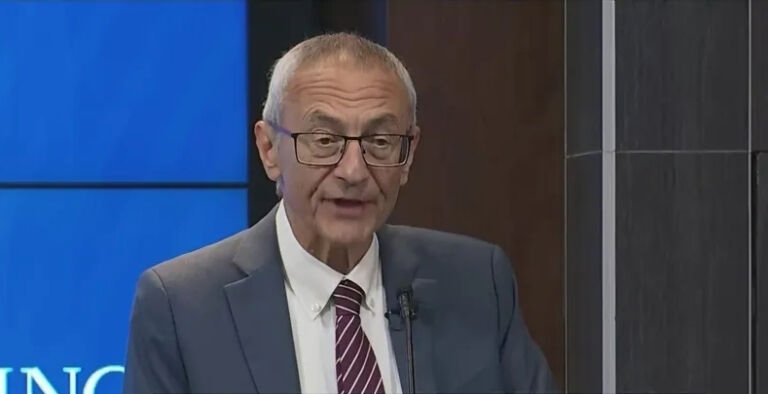Editors at National Review Online assess the new report taking the FBI to task for its shoddy work on a high-profile case.
It will take time to review Russiagate special counsel John Durham’s 306-page unclassified report that was publicly released by the Justice Department on Monday. What is already stunning, though, even to those who have closely followed this sordid saga — the FBI, doing the bidding of the Clinton campaign and the Democratic Party, portrayed Donald Trump as a clandestine agent of Russia — is the slight news of the information that triggered the opening of the investigation.
Because electoral politics is supposed to be insulated from law enforcement absent evidence that a serious crime or perilous threat to national security is afoot, the FBI is expected to tread lightly, especially in the invocation of its foreign counterintelligence powers.
Foreign counterintelligence matters are classified and thus lack the transparency that checks government abuse in ordinary criminal cases. Rather than leap to a full-blown foreign counterintelligence investigation, the bureau routinely begins with an “assessment” and proceeds to a low-level “preliminary” inquiry if that initial assessment turns up alarming, articulable intelligence indicative of a real threat.
That is not what happened in Crossfire Hurricane, the FBI code name assigned to the Trump-Russia “collusion” probe.
To the contrary, Durham has documented that at the headquarters level under Director James Comey, the bureau began taking special interest in the Trump campaign in April 2016. Hackles were raised, in part, because one of the campaign’s advisers, Carter Page, appeared to have been subjected to an unsuccessful recruitment by Russian intelligence. Not only had Page spurned the outreach; he had been prepared to testify on behalf of the government against a Russian spy (who ended up pleading guilty). It further turned out that Page was voluntarily providing information about his business interactions with Russians to the CIA — a fact FBI lawyer Kevin Clinesmith later concealed from the secret Foreign Intelligence Surveillance Court when the bureau was seeking to continue its apparently fruitless monitoring of Page.


